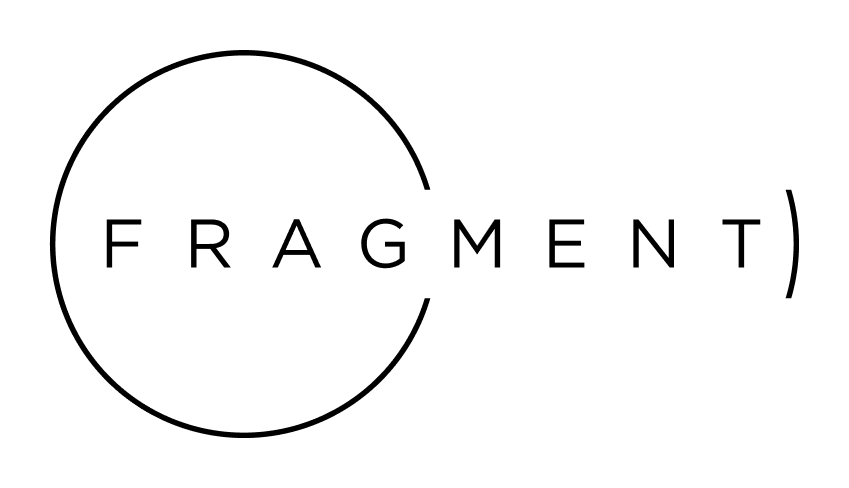Last month, Fragment Media Group announced an exciting new addition to our team: our new chief technology officer, Chris Boylan. Chris Boylan has led a varied and impressive—albeit somewhat untraditional—career on the tech side of the media biz.
Unlike most tech folks, Boylan got his start as a radio DJ, learning to code to help shape up his radio station’s website. Overtime, he picked up more and more website-related work on the side of his radio gig. Eventually, being a website guru became his full-time job.
Fragment’s Director of Operations, Tiffany Bennett, says Boylan’s non-traditional tech path gives him an edge in the media industry.
“Chris sometimes approaches managing the work of the team and infrastructure a little differently than someone who went to school to study this. He’s more self-taught, and that’s one of the things I appreciate the most. I think it’s a different perspective,” Bennett described.
After shaping up sites as a freelancer for some years, Boylan’s next big gig was as a web developer at Gawker Media, where he learned the ins and outs of the media industry. From there, he became director of engineering at Wenner Media—the publisher behind Rolling Stone, Us Weekly, and Men’s Journal.
After his stint at Wenner Media, Boylan became chief technology officer at parent-oriented media company Fatherly; then moved to politics-oriented media company CAFE; and finally, became head of engineering at Vox Media.
“Chris is one of the leading minds in the industry on membership and UX, an innovative and empathetic thinker, a sophisticated technologist, and an excellent manager and mentor,” Nicholas White, CEO of Fragment, said. “He will be instrumental in making Fragment the leader in the industry’s transition to member-driven media.”
“I’ve worked on the tech side of media businesses for over a decade now. A lot of the problems at every company are basically the same problems. While the problems are shared and the same across many companies, the solutions aren’t,” Boylan said.
‘At most media companies, tech is not going to save the company or make the company a home run. But tech can 100% sink a company if it’s not done well.’
Boylan said the primary challenges media companies face include attracting and keeping attention, producing high quality content, and maintaining a steady stream of revenue—tech is just the tip of the iceberg.
“At most media companies, tech is not going to save the company or make the company a home run. But tech can 100% sink a company if it’s not done well,” Boylan said. “It’s about doing the job right to clear the decks for the content creators and sales people to focus on their jobs.”
At Fragment, Boylan hopes to help sync up our software development teams to better meet the day-to-day needs of our editorial and advertising teams. For our readers, Boylan is hoping to hone in on simplicity—improving the speed and ease-of-use of our digital products.
“I’ve found the core of every media company is about delivering content users want in a way they want it as quickly and as easily to consume as possible,” Boylan described.
At the heart of Fragment is a desire to put readers first, and connect them to stories that matter. Honing in on our reader’s online experience is a part of our larger push to pursue a reader-first media model.
“People don’t come to the Daily Dot or Nautilus because of the way tech implemented it. They come to read because of the writers, the content, and the editorial voice of the site. I think Fragment is a company focused on doing that right,” Boylan said.
The platform, however, is the foundation of turning that “readers first” approach and editorial voice into a business model. “What makes people click and thus drives advertising impressions is fundamentally different than what makes people join and pay directly for a site — different both editorially and technologically,” White said. “Fragment’s goal is to develop the best full, end-to-end user experience that will make our readers want to support journalism directly for years to come.”
“I’m excited for what the next few months have in store for us, and how funny it will be three months from now to look back and see how much progress we’re making during this time,” Boylan said.
Editor’s note: This post has been updated to include quotes from Nicholas White, CEO of Fragment.
